Here’s why you can’t get anything done (hint: it has nothing to do with effort)
Shopping, cigarettes, alcohol, gambling, and drugs.
These familiar addictions dominate headlines and can destroy lives. But over the past decade, many people have developed a more socially acceptable compulsion: productivity.
Neuroscientist Dr. Sandra Chapman says our brains can actually become addicted to productivity. “A person might crave the recognition their work gives them, or the salary increases they get,” Chapman told the BBC. “The problem is that just like all addictions, over time a person needs more and more to be satisfied and then it starts to work against you.”
That means you need to crush an increasingly longer to-do list, just to feel like you’ve earned the right to sleep or hang out with your family. Even if you wouldn’t classify your quest for productivity as an addiction, I think we’ve lost track of what we’re trying to accomplish.
Our tendency to choose quick, urgent tasks over important tasks with longer timelines is called “the urgency effect,” and it explains why it’s so tempting to drown in your inbox instead of thinking strategically. Yet, important tasks have the power to transform your business or career. They also demand calm, focus, and flow.
Real productivity comes from prioritizing meaningful work — and it’s not a matter of discipline or willpower. As I was writing my upcoming book, Automate Your Busywork, I realized that productivity is 1% brains and 99% fighting biology. Like most people, I like to think I control my own behaviors. I make the decisions around here.
Not exactly.
The human body is an ever-shifting cocktail of hormones, neurotransmitters, and other chemicals that drive our thoughts and behaviors. To do meaningful work, we need to drop the productivity hacks and befriend our biology. Even better, we can build systems that outsmart our hard-wiring entirely.
Here’s how to stop battling three core instincts, and unlock the kind of productivity that will revolutionize your work.
Observe the cerebral sabotage
Turn off message notifications. Check. Disable beeps and pings on your devices. Check. I’m sure you know the basics of a distraction-free digital life. Unfortunately, all these small (but necessary) tactics are no match for your wily mind.
Take, for example, the Zeigarnik effect, which is the brain’s desire to resolve cognitive tension. When you add a task to your to-do list, you’re opening a loop that your brain longs to close. It wants that item done. Your mind then fuels the urgency effect, prodding you to answer a co-worker’s chat message instead of starting a creative project. Our drive for completion also explains why we can’t resist mysteries and cliff-hanger endings.
Then there’s the planning fallacy. If you’ve ever wildly underestimated how long a task will take, you know this phenomenon firsthand. When I was starting my company, Jotform, I rarely gave myself enough time to meet my self-imposed deadlines. I eventually learned I was planning for ideal conditions, not real life, which is inevitably filled with road bumps.
Knowing what cerebral sabotage looks like can help us avoid it. Even better? Automate your distraction-prone tasks. Draft and schedule emails and text messages for later, so they don’t derail your focus. Use tools like Calendly and YouCanBook.me to automatically schedule, confirm, and prepare for meetings. Let automation close the loops so they don’t distract you.
Understand your emotions
Procrastination is the enemy of productivity. You won’t achieve your goals if you can’t get started. Many of us were raised to think procrastination belies a lack of willpower or poor time management. Or worse, it’s a sign of laziness.
Psychologists have learned it’s actually a cage match between two brain centers: the older, unconscious limbic system, which influences pleasure, and the newer, less evolved prefrontal cortex, where we exercise cognitive control. A winning limbic system always picks procrastination — and a temporary reprieve from unpleasant emotions. When the prefrontal cortex triumphs, your brain will do your bidding.
Early in my career, I struggled with procrastination, and I had the same self-defeating thoughts you’ve probably experienced, too. Over time, I started asking myself why I was avoiding a certain task. Was I feeling fear? A lack of confidence? Boredom or frustration? Once I could identify and label the emotions without judgment, I could work with my mind, instead of against it.
As Jotform grew, I began automating the tasks I wanted to avoid. After all, computers don’t get grumpy or frustrated or overstimulated. Turning repetitive processes into automated workflows took my emotions out of the picture entirely. You can do the same. Let artificial intelligence (AI) and automation tools handle your busywork, like invoicing, submitting expense reports, transcribing meeting notes, and organizing spreadsheet data.
Care for your mind and body
Our bodies are designed to conserve energy. Even 100 years ago, we needed every calorie we could consume. Now, if you rarely lift more than a fork, or you haven’t seen a vegetable in days, you can’t do your best work.
Studies show that regular exercise can improve concentration, memory, creativity, reaction times, and mental stamina. It can also lower stress and help you learn faster. When I start my day with a workout and a hot cup of coffee, I feel unstoppable.
Knowing your peak hours is another productivity advantage. These are the times of day when you’re most alert and creative. Difficult tasks elicit less mental pushback and you’re probably in a good mood. Protect these precious hours by automating tedious workflows, and free yourself to focus on the projects that matter.
The more you can align your body and mind, instead of wrestling them into productive submission, the more ease and freedom you’ll find in your work. Set reasonable goals and tackle only a few, essential items on your daily to-do list. Give those tasks your very best, and automate the rest.
Productivity is 1% effort and 99% battling your biology. Good luck.


























































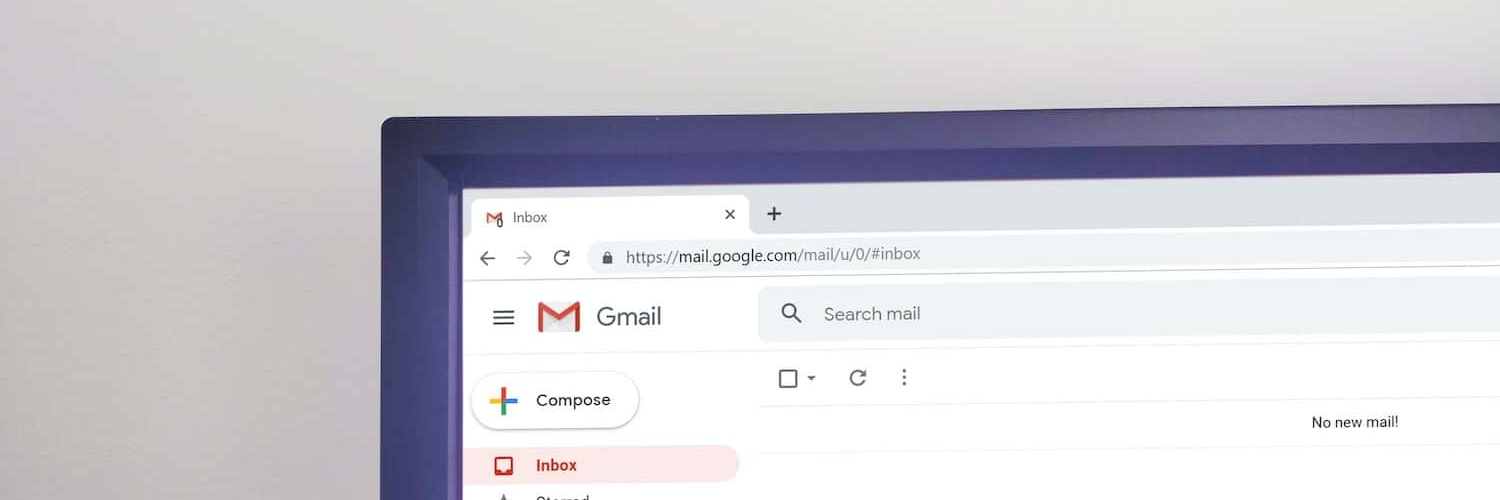


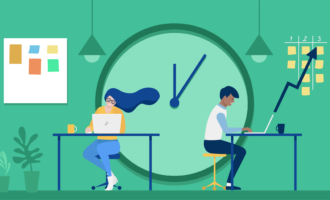

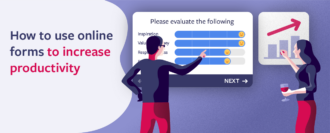



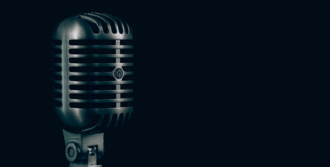
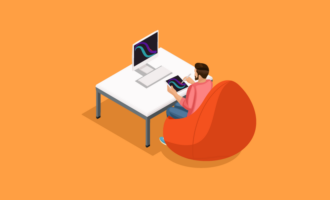
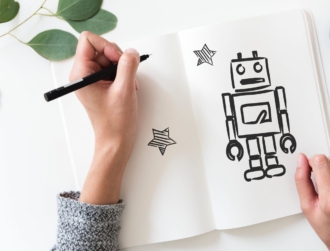
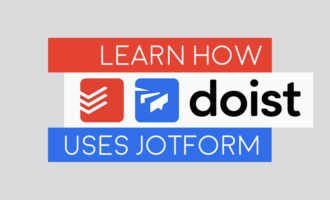

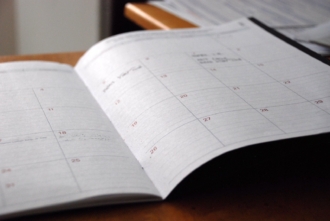
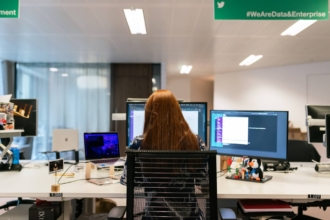
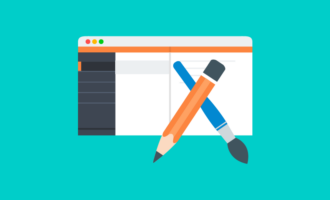
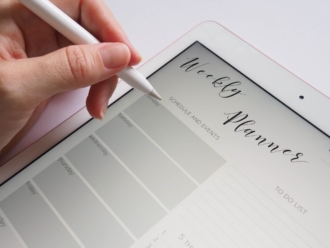




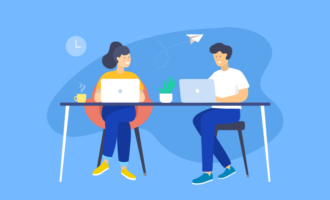

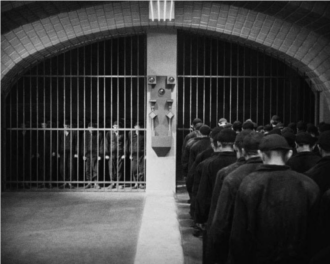


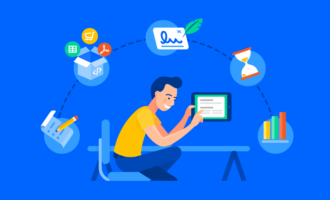
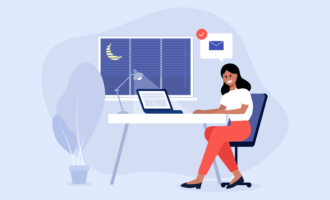

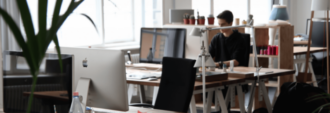


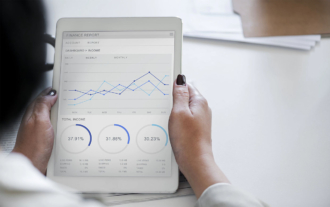
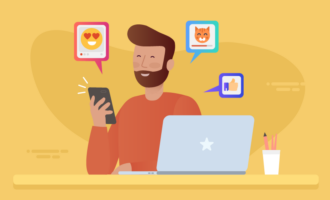



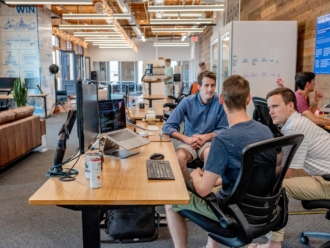

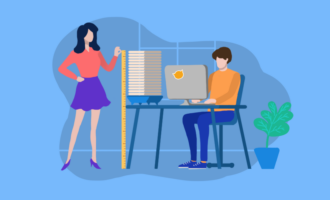




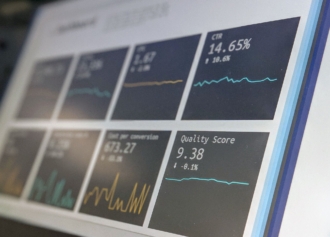



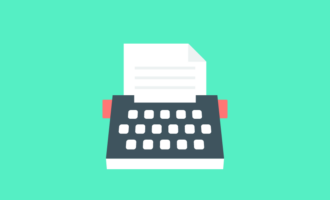


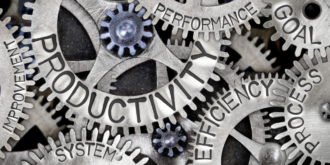
Send Comment:
5 Comments:
More than a year ago
Nevertheless the bottom line is that your selling Jotform to us, a betrayal of your ancestral limbic
More than a year ago
Zeigarnik?
I think you meant Ovsiankina...
More than a year ago
This was a really interesting read. I'm fascinated by neuroscience, neurodiversity, and have been looking for new methods to better manage executive function and intentional focus on tasks, which is my biggest hurdle as an entrepreneur.
Thank you for writing this.
More than a year ago
I can't agree more !
More than a year ago
This is so true and very helpful. I find Jotform allows me to automate some key tasks that otherwise took up a lot of my time.